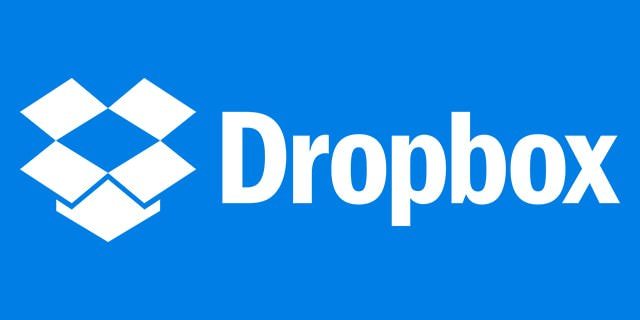
Dropbox Inc. asked a California federal court for an award of $1.95 million in attorneys’ fees after the court found in Dropbox’s favor in a trademark action.
In November 15 2016, Dropbox scored an early win in a trademark suit that opposed the cloud storage giant to Thru Inc. a competitor that claimed to have superior trademark rights in the Dropbox mark. Thru alleged to be a senior trademark user. They claimed to have added a feature that allowed their customers to receive digital files from third parties; which they called “DropBox” as early as 2004.
The Equitable Doctrine of Laches
The court decided in Dropbox’s favor based exclusively on one equitable doctrine: the doctrine of laches. “Laches is an equitable time limitation on a party’s right to bring suit,” . . . resting on the maxim that “one who seeks the help of a court of equity must not sleep on his rights.”
It is clear from Judge Edward M. Chen’s decision that finding in Dropbox’s favor was no hard call. “If there is a paradigmatic set of facts that warrants laches, this is it” Judge Chen wrote.
The record showed that Thru was aware of Dropbox since June 2009 but had taken no action by June 2013, when the four-year period expired.
There was strong evidence that the delay was deliberately engineered by Thru in an attempt to leverage Dropbox’s forthcoming IPO. Thru’s internal documents discussed “slow walking” the case and the admonition to “sit tight and wait to the IPO announcement and be prepared to file suit that day.” Additionally, Lee Harrison, Thru’s CEO, repeatedly described Thru’s claim as a “lottery ticket.”
In his deposition, Harrison confirmed that he had felt that a pending IPO “was a leverage point,” that “it would be tough for them to file without clear title” to their trademark, and that accordingly Dropbox “would come to us eventually and settle with us.”
“The evidence is overwhelming that Thru’s delay in filing suit was unreasonable and prejudiced Dropbox, and summary judgment is therefore appropriate here,” the Court held.
Laches is rarely decided at such an early stage (the summary judgment juncture) but in this case the evidence against Thru was irremediable. When confronted with its own documents, Thru had no response at all. The evidence was clear that “Thru purposefully delayed bringing suit in an attempt to increase its leverage over Dropbox and thus the value of its claims.”
Thru’s strategy to time a lawsuit against Dropbox’s IPO was far from shrewd. They sought to take advantage of the legal system without being fully cognizant of the rules that very system is built on.
It can be tempting to believe that judges apply law blindly without regard for the equitable considerations. In reality, judges tend to abhor bad faith and are equipped to rule against those that mislead, drag their feet and/or waste judicial resources.
Instead of being a massive windfall, this Dropbox suit may well cost Thru close to $2 million in attorneys’ fees, in addition to their own legal expenses. Indeed, The Lanham Act, 15 U.S.C. § 1117(a), authorizes an award of attorneys’ fees to the prevailing party in an “exceptional case.”
In its January 9, 2017 motion Dropbox argued that this case is exceptional, in light of Thru’s bad faith, and false testimony (Harison conceded that it knew of Dropbox as early as 2009, not 2011 as he had previously stated).
I will update when the court rules on the motion.

